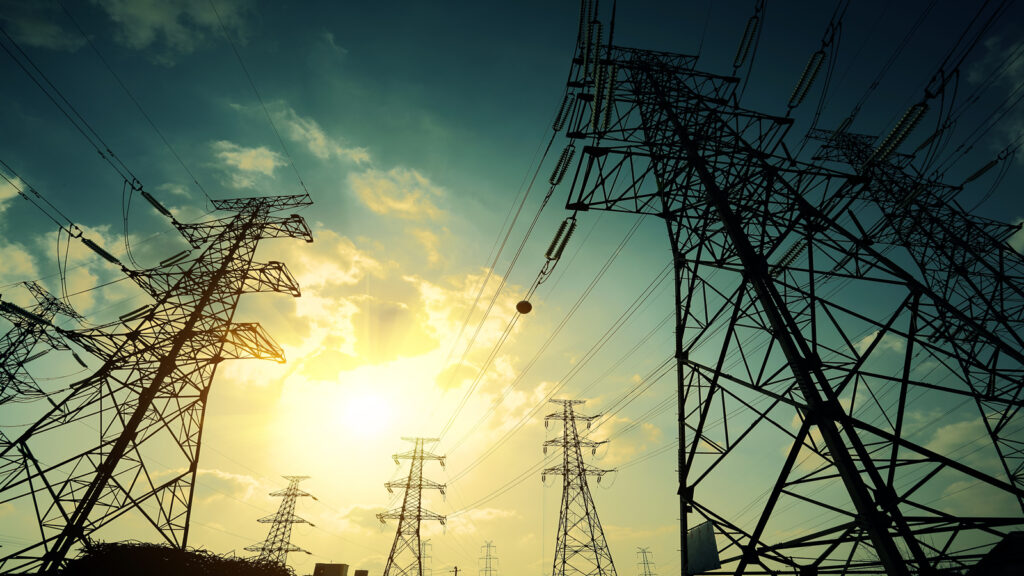Regen, on behalf of six trade bodies, has called on the Department for Business, Energy and Industrial Strategy (BEIS) Secretary Grant Shapps to address network constraints with many facing connectivity delays of up to 15 years.
Signatories of the letter include Regen, Electricity Storage Network, Solar Energy UK, The Association for Renewable Energy and Clean Technology, Scottish Renewables and Renewable UK.
The letter highlighted that many of the energy projects currently seeking to connect to the energy network are currently facing extreme delays, with some facing up to 15 years.
Adding further complexity to the issue, a recent update from National Grid Electricity Transmission (NGET) said the number of grid connection applications had quadrupled in the past four years.
This is a hugely problematic issue for investors, developers and the UK. Many of these projects are low carbon technologies and must be connected in order to support the UK in achieving net zero and reach key targets along the path to 2050.
Key low carbon technologies such as heat pumps, EV chargers and electricity storage are all seeing delays which could cripple to pathway to net zero emissions.
Alongside this, the scaling up of renewable generation is also a key aspect in solving the issues witnessed amid the energy crisis. The crisis is being instigated by volatility within the wholesale gas market and boosting renewable generation capacity could be one of the answers.
In doing so, the trade bodies have declared that the network constraints are delaying billions of pounds of private investment needed to deliver on the UK government’s targets.
“We are in a race to develop renewable power and electricity storage to meet our net zero goals and tackle high bills caused by the UK’s reliance on fossil fuels, but underinvestment in the electricity network is leading to delays of fifteen years for projects to get a connection,” said Merlin Hyman, CEO at Regen.
“We are calling on the Secretary of State to make enabling clean energy projects to connect the key priority for our electricity system operator, transmission, and distribution networks.”
To solve the issues surrounding network constraints, the letter outlined several proposals.
The first suggestion calls on Ofgem to accelerate investment in the transmission and distribution networks and to focus on a shift to a strategic rather than reactive approach.
The final proposal calls for a CEO-led plan from the system operator, transmission and distribution networks for immediate measures to address constraints. The letter stated that these should include joined up and effective queue management and a smarter, more flexible approach to unlock capacity.
The National Grid ESO has been attempting to rectify delays in connecting to the electricity network issue by removing stalled projects from the transmission entry capacity (TEC) register via a new initiative. This will allow new projects to be connected to the national electricity transmission network quicker.






